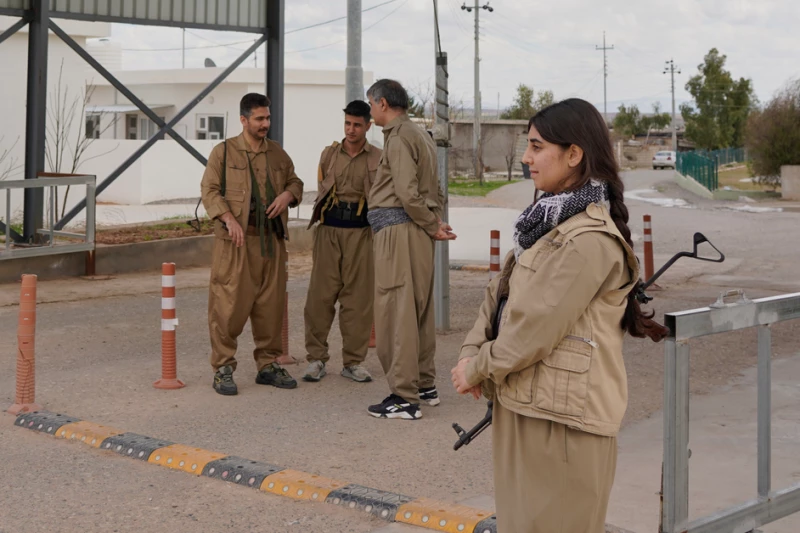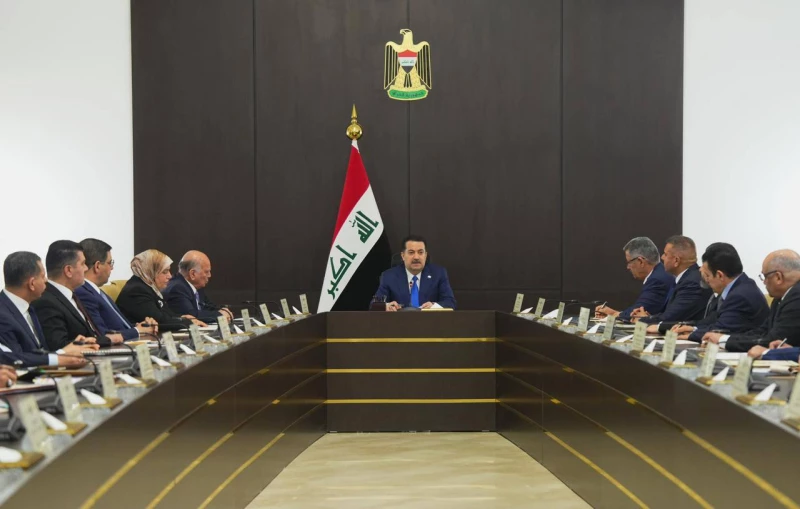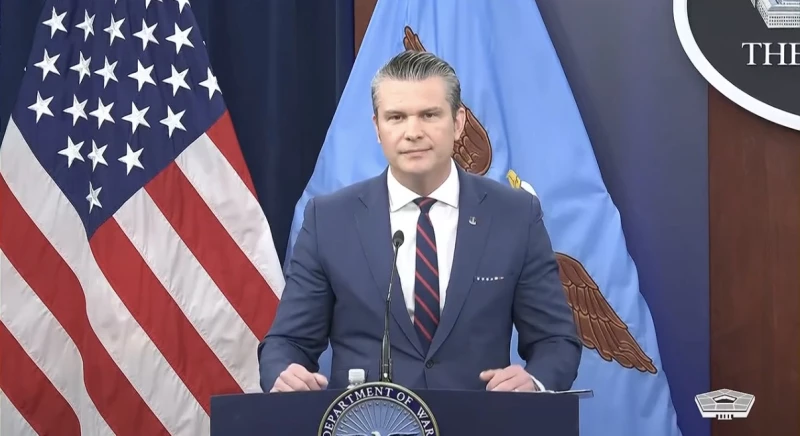ERBIL, Kurdistan Region of Iraq - Nouri al-Maliki, Iraq’s former prime minister, on Saturday stressed that Baghdad needs to choose whether it will enter the current regional conflicts, or focus on preserving its own internal security.
During a televised speech, Maliki, leader of the State of Law coalition, said that current events in the world and the Middle East warn of a potential expansion of the conflicts and their continuation for a longer time that would exhaust all powers and states involved in it.
He said that Israel aims to expand its war on Gaza and Lebanon in a way that would strike the security and stability of the region.
“Amid these challenges, developments, and possibilities, Iraq is between two paths: The first is that Iraq is not a marginal state, but rather a main state in the region and it must not be absent from the horizons of this conflict and its challenges or made absent due to foreign will,” said Maliki.
“The second is for Iraq to move in a focused manner to protect the internal situation from the developments that might occur and cast their shadows on the security situation and internal political stability,” he added.
The former premier stressed the need to control Iraqi national security and at the same time contribute to the stability of the security situation in the region, noting that for Baghdad to be able to take strong national stance “the government, the political parties, the tribes, and all institutions of civil society must assume their roles.”
In a statement on Monday, Iraq’s top Shiite authority Grand Ayatollah Ali al-Sistani, highlighted significant challenges currently facing the country, urging Iraqis to learn from past experiences, prevent foreign interference, enforce the rule of law, and restrict arms to the state.
Maliki expressed “full respect and appreciation” for Sistani’s call, adding that the government and political forces must commit to the religious authority’s suggestions.
The veteran politician voiced support for restricting arms to the state, saying “a weapon which is not in the hands of the state causes a lot of exhaustion, anxiety, and deterioration for the political and administrative process.”
He also supported Sistani’s call for preventing foreign interference, noting that Iraq can still maintain friendly relations with other states as long as its will and sovereignty is respected.
“This does not mean that Iraq does not have friendly relations or specialized political, economic, and security relations, but the will of our state and our people must be respected in these relations, and they must interact with us without an interference that would harm national sovereignty,” he said.
Concerns of a potential Israeli attack on Iraq have been rising in recent weeks, as Iran-backed Iraqi armed factions have intensified their strikes in Israeli territories in condemnation of Israel’s military actions in Gaza and Lebanon.
Despite voicing strong support for Iran and resistance groups in the region and repeated condemnation of Israel’s actions, Iraqi Prime Minister Mohammed Shia’ al-Sudani in October said that “the decision of war and peace” was in the hands of the government, warning “anyone who deviates from that will face the state,” likely referring to the armed groups.
Maliki also emphasized the significance of combating corruption and appointing competent individuals for official positions, supporting Iraqi security forces and empowering them to combat terrorism, and paying careful attention to the activities of groups in the country who are supporting Saddam Hussein’s fallen Baath regime.
The Iraqi National Security Service on Thursday announced they had arrested an individual in Fallujah, Anbar province, who had “glorified” the Baath Party on TikTok, “defying the laws that prohibit the promotion of the dissolved party.”
Iraq’s Popular Mobilization Forces (PMF) on Tuesday announced that 29 people were arrested under suspicion of promoting or being members of the Baath Party.

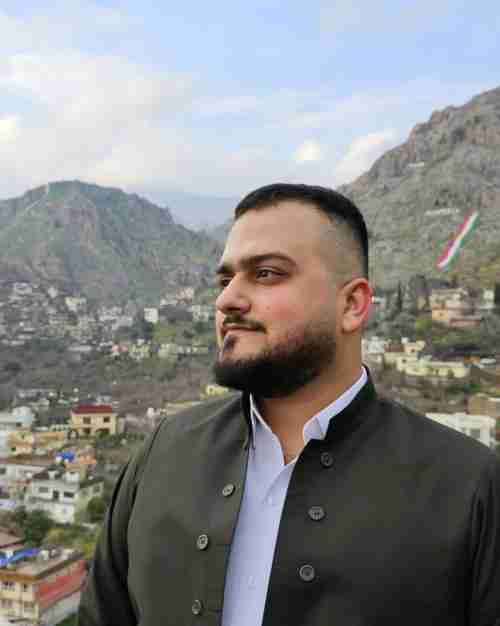
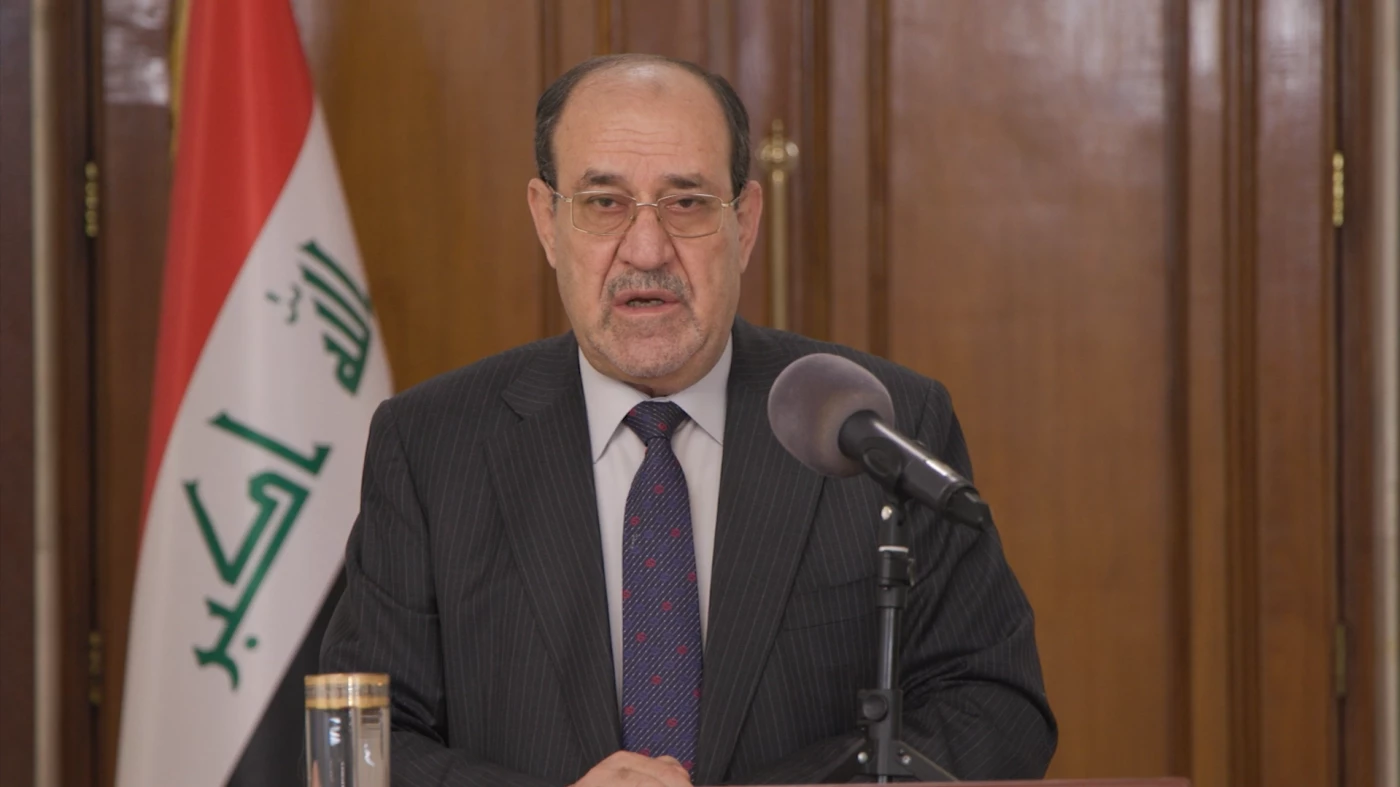
 Facebook
Facebook
 LinkedIn
LinkedIn
 Telegram
Telegram
 X
X
